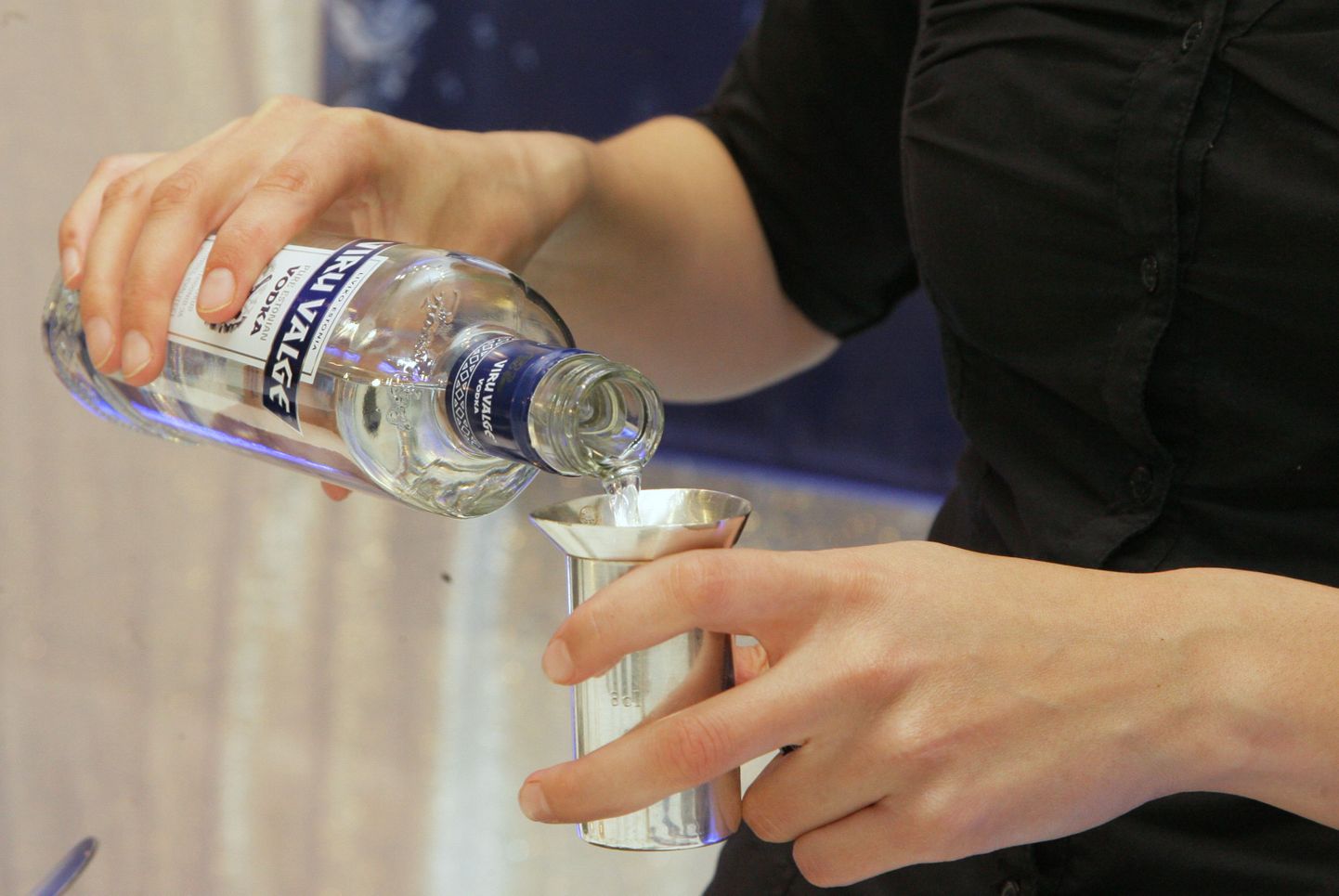
Makers and sellers of strong alcohol stagger in shock at plan by new coalition to raise excise of alcohol in four years to come by 15 percent, 10 percent, 10 percent and 10 percent.

Makers and sellers of strong alcohol stagger in shock at plan by new coalition to raise excise of alcohol in four years to come by 15 percent, 10 percent, 10 percent and 10 percent.
The enormous-looking excise rise makes strong alcohol much more expensive while half litre of beer adds a mere eight cents of excise over the four years, plus 1.6 cents of VAT on it – all told less than 10 cents of difference per bottle over the period.
On May 9th, Estonian Alcohol Producers and Importers Union CEO Janek Kalvi sent finance minister Jürgen Ligi a letter to express him being deeply disturbed at the governmental plan to again squeeze those producing strong alcohol while not even contemplating a steeper rise of beer excise. In addition to the arguments – moonshine market boosted, travel trading sectors suffering, low-alcohol beverages luring minors – Mr Kalvi underlined the plan will lead to sacking people employed in strong alcohol production. Namely, the jump in excise will shut strong alcohol industries down for three to six months and may mean closures of companies and major lay-offs among producers, providers and resellers of strong alcohol.
The angry remarks bordering on threats have a years-long backdrop: for years, producers of strong alcohol have been trying to convince the government to steeply raise – or at least in proportion to strong alcohol – the excise of low-alcohol beverages.
2.62-fold difference
In Estonia, alcohol excise rate per absolute alcohol percentage is 2.26 times lower for beer than for strong alcohol. The yearly tax hole due to the difference is estimated at €50m, plus €10m of value-added tax.
Here’s the new bill in shop numbers: an uniform 15 percent excise rise would lift excise paid on 0.5 litre beer (like Saku Originaal or A. Le Coq Premium) by three cents next year (from the current 14 cents to 17 cents) and by 2018 the half-litre beer excise would only rise by eight cents (from current 14 to 22 cents).
For half litre of vodka (like Laua viin), the 15 percent excise rise would lift it by 49 cents, from current €3.29 to €3.78, plus 10 cents of VAT rise. By 2018, excise would increase would boost excise by €1.74 (from €3.29 to €5.03) plus 35 cents of VAT rise.
«The government is rearranging alcohol market in the interests of producers of beer and other low-alcohol beverages,» thinks Mr Kalvi and advises to call the bill back and to equalise the excise rates.
Finance minister Mr Ligi noted that the 15 percent excise rise resulted from coalition talks and was not an initiative by finance ministry.
«Even so, I am personally sorry that our dialogue with vodka producers is at a standstill,» said he. «Truly, the unpleasant aspect of excise is that purchases go down; but the government wants consumption to go down which is the other side, and especially that the strong alcohol consumption go down. We might just as well measure by how much average wages have risen faster, in this millennium, than excise. This is also the answer to black market temptation: as the relative availability of the legal [alcohol] will not diminish, we don’t have increased pressure.»
Domestic vs foreign
Mr Ligi is strongly opposed to the claim that the equal excise rise of both low and strong alcohol isn’t substantiated.
«Excise is a purposed mark-up, and as beer and wine ethanol cost more anyhow, then there is less need for mark-up than with vodka ethanol,» said the minister, echoing the arguments of beer brewers.
«Opposing ‘domestic vodka industry’ and ‘foreign-owned beer production’ doesn’t also hold liquid,» said Mr Ligi, parrying another of the arguments pitched by Mr Kalvi. «On the one hand, the one who says so is the alcohol producers and importers union, and proportionally more strong alcohol is imported. On the other hand, what’s more important is the place of production and consumption, which is much more domestic with beer.»
With alcopop which lure the teenagers, Mr Ligi thinks a solution needs to be sought with all market players as a legal limit for higher taxation has not been achieved in the issue.